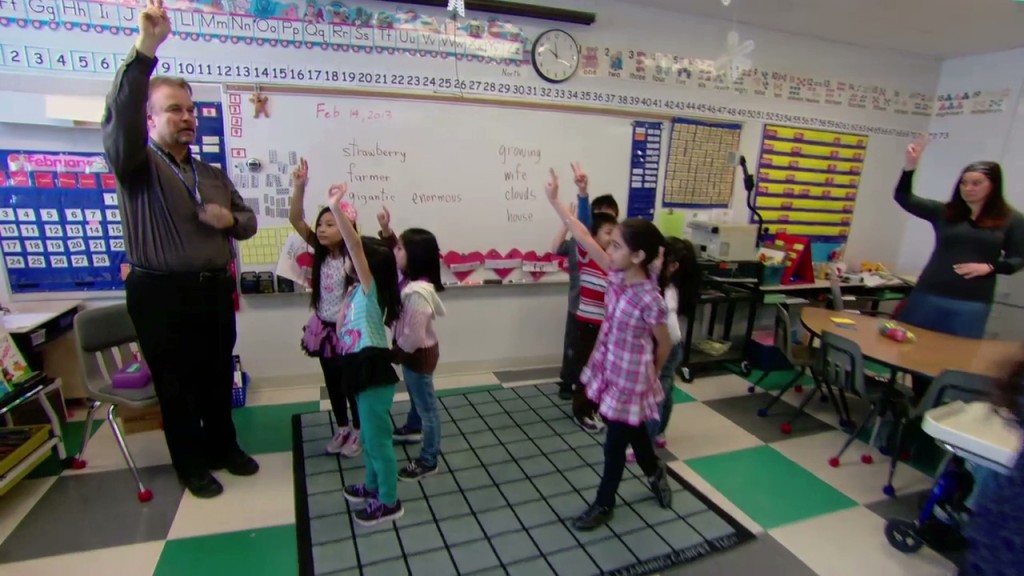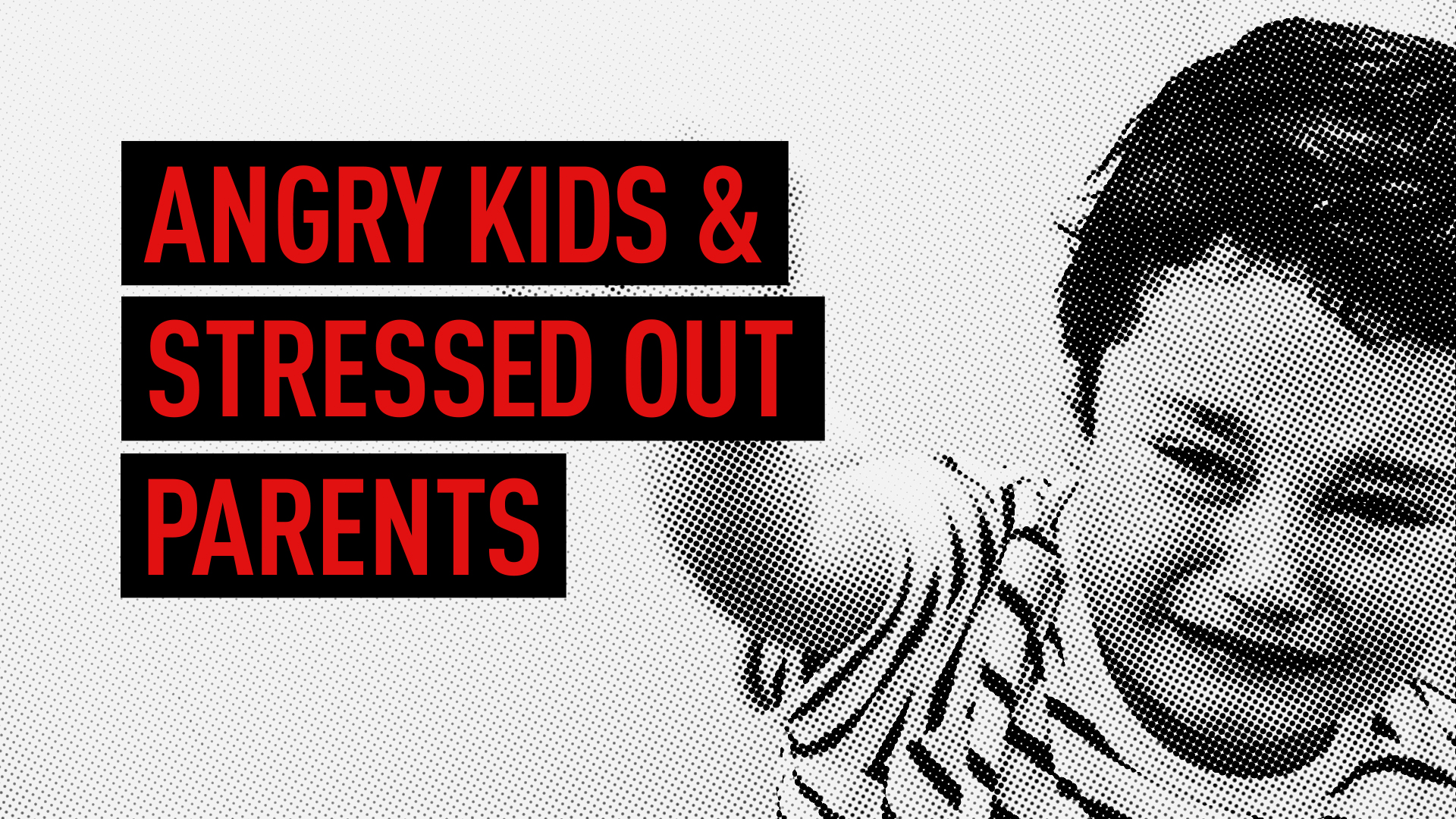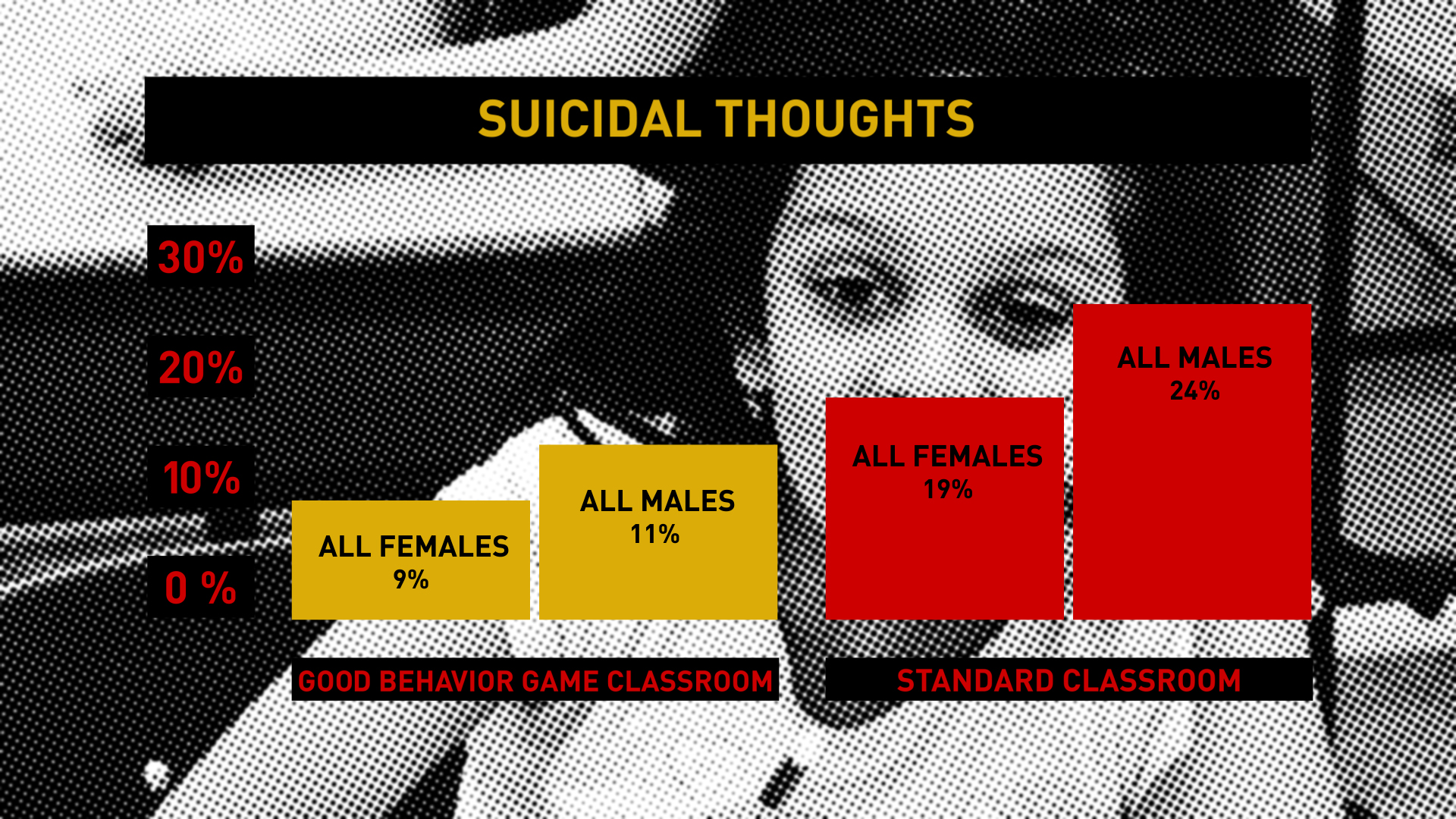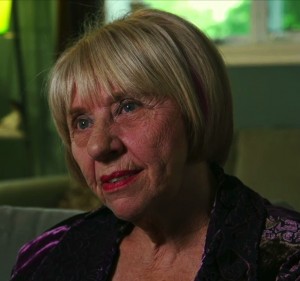
There are hundreds, if not thousands of early-learning programs in Canada. So how did we decide which programs to profile? This was a very tough decision, as there are several which deserve national attention. We used the criteria below.
1/The programs had to be evidence-based and have decades of data supporting them.
The original participants in some of these programs are now in their 30s and 40s and have had happier, healthier and more successful lives than the control group children who did not receive the intervention.
2/The programs had to work for children primarily under the age of 6.
We made that decision because the neuroscience and child development researchers profiled in the film all say interventions have their best chance of success before the age of 6. Of course success continues after that age and we also know there’s another great window of opportunity around the onset of adolescence. As we delved deeper, we came to understand a reduction in crime was just one of the many benefits of early intervention. There was much less of a burden on government health,social service, education and justice budgets. The greatest bang for the taxpayer’s buck is under the age of 6.
3/We had to have at least one program focus specifically on the needs of First Nations children.
To quote Rob Santos of Healthy Child Manitoba, “First Nations citizens are wildly over-represented in all of Canada’s misery statistics, especially addiction, poor physical and mental health, unemployment, crime and incarceration.” Manitoba faces a unique challenge in its huge First Nations baby boom. It’s thought 25 percent of all children in Manitoba are First Nations. Manitoba cannot afford that many kids to go off the rails. That’s why we chose to film in the unique Abecedarian program.
4/We wanted to present a cross-section of cost/benefit programs, so viewers could see investing in these kinds of programs doesn’t have to be expensive.
But there may be cases where, as taxpayers, we are prepared to pay a significant cost up front for a more expensive program like the Abecedarian because the benefits still outweigh the costs: for every dollar spent, society saves $2.50.
Our academic advisor on the film, Dr. Robert McMahon of the Institute for the Reduction of Youth Violence based at Simon Fraser University, also pointed us to something called the Blueprints for Healthy Youth Development at the University of Colorado. http://www.blueprintsprograms.com/allPrograms.php. Researchers there have assessed the effectiveness of dozens of programs. Four of the five programs we filmed were on that site.
Also at this point I want to publicly thank Bob McMahon for so much – from helping us make the choice of programs to profile, to translating some fairly academic concepts to make them accessible to a broader audience, to negotiating access, to patiently fact-checking. We hope we’ve haven’t turned you off film crews forever!
There are some amazing programs we filmed, but just didn’t have time to put in the cut – including the Nurse Family Partnership, PATHS (Promoting Alternative Thinking Strategies). We’ve cut little stories about them and to view – click here.
See three interventions in action: Triple P, The Abecedarian program and the Pax Good Behaviour Game in Angry Kids & Stressed Out Parents this Thursday March 27th, 9pm on CBC’s Doc Zone.
– Maureen Palmer, director
 Would you like to know more about the people and the programs featured in Angry Kids & Stressed Out Parents?
Would you like to know more about the people and the programs featured in Angry Kids & Stressed Out Parents?


